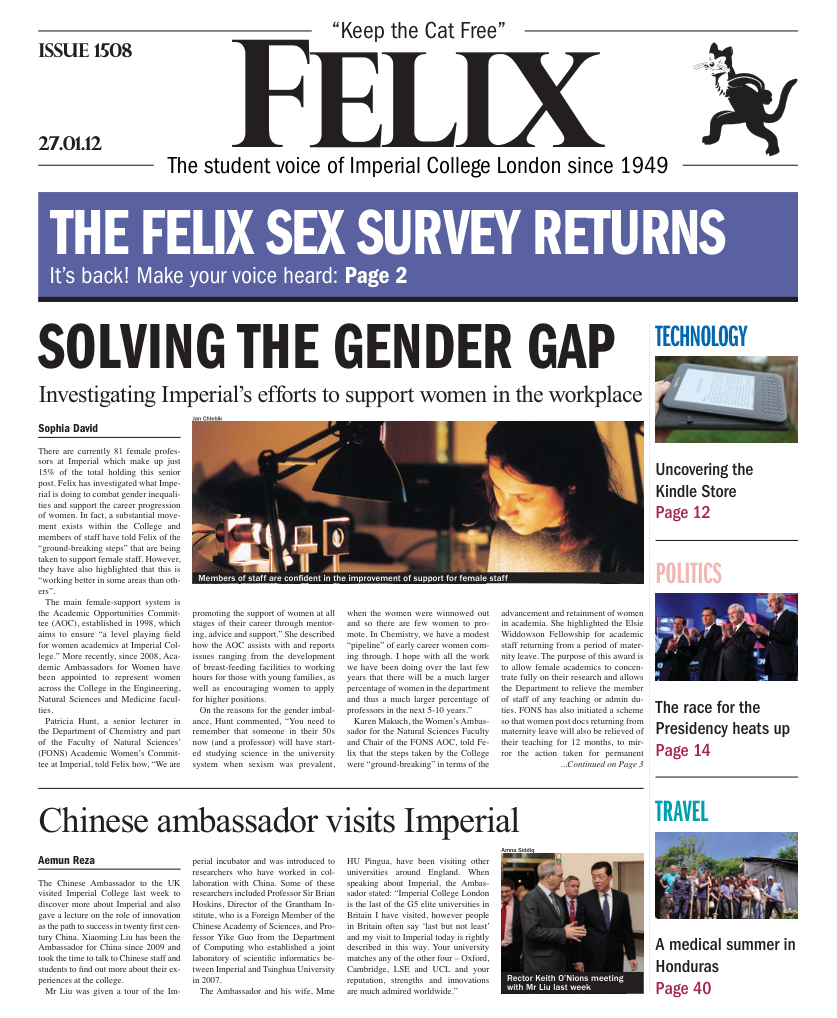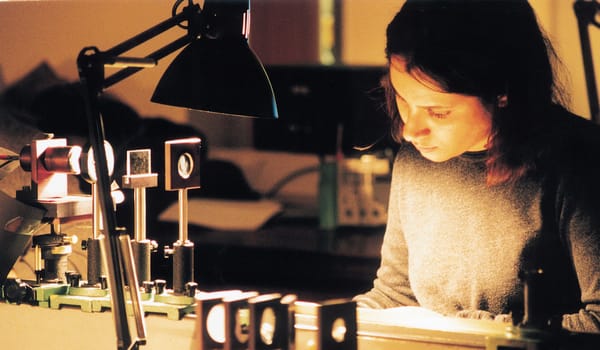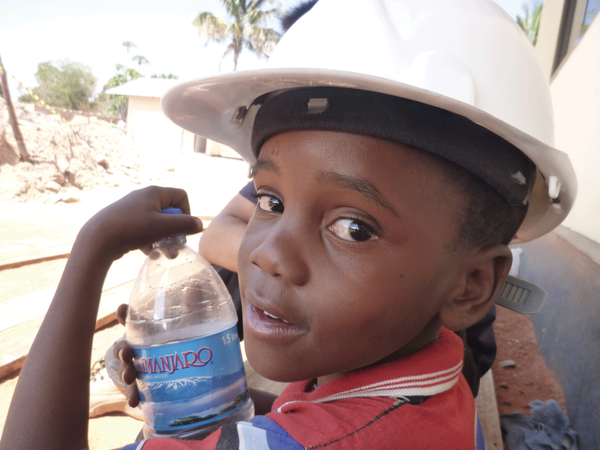Dawn on the Horizons
Imperial launches lecture and tutorial scheme, beginning with climate change discussion
Monday 23 January saw the start of the Imperial Horizons program, an experimental scheme that sees 200 undergraduates from departments across the college meeting for a series of lectures and tutorials over the next 8 weeks. Using the topic of climate change, the program aims to develop participants’ awareness of how scientific issues and debates can have wide reaching impacts on an international scale: from affecting policy making in Governments to new technology in people’s homes.
The pilot scheme is using the topic of climate change as the basis for the lectures and discussion with the view that if the scheme is repeated other topics such as food security and changings in the global population being used instead. Supporting the series of lectures by leading experts in fields relating to climate change is a number of tutorial sessions where undergraduate from all the different departments of the college can discuss ideas raised, develop team working skills and explore the topic from other viewpoints.
The opening lecture was presented by Professor Sir Brian Hoskins, Director of Imperial’s own Grantham institute for Climate Change and member of the UK’s Committee on Climate Change: the committee tasked with advising the Government on how it can meet the 80% cuts in CO2 emissions by 2050 set out in the Climate Change Bill in November 2008. The lecture presented an overview of the topic of Climate changing touching on early work on the Green House gases dating back to early 1800’s though to our current understanding of the driving principals behind climate change. Taking in the developments to how we now study changes in the climate, what climate models are currently predicting, and some of the controversies that surround climate change – the ‘Climate Gate’ scandal based on email leak from the Climate research Unit and the ‘errors’ in the 2006 Intergovernmental Panel on Climate Change (IPCC) report both of which made headlines around the world. Concluding with a thought provoking slide on why trying to take any action about climate change runs in to difficulty, the lecture was a good summary of the underlying issues of climate change and was a good opening to the scheme.
The lecture was followed by a tutorial that gave the undergraduates a chance to start exploring what policies the Government should be bringing into effect to help stop climate change. Discussions as to why people were taking part in the program was more that people were interested in climate change than the opportunity to develop their professional skills, with a lot of emphasis on the actual science behind the headlines in the media.
With the next lecture being presented by leading figures in the media the program looks set to hit its targets of giving Undergraduates the chance to look at climate change from a range of viewpoints.








